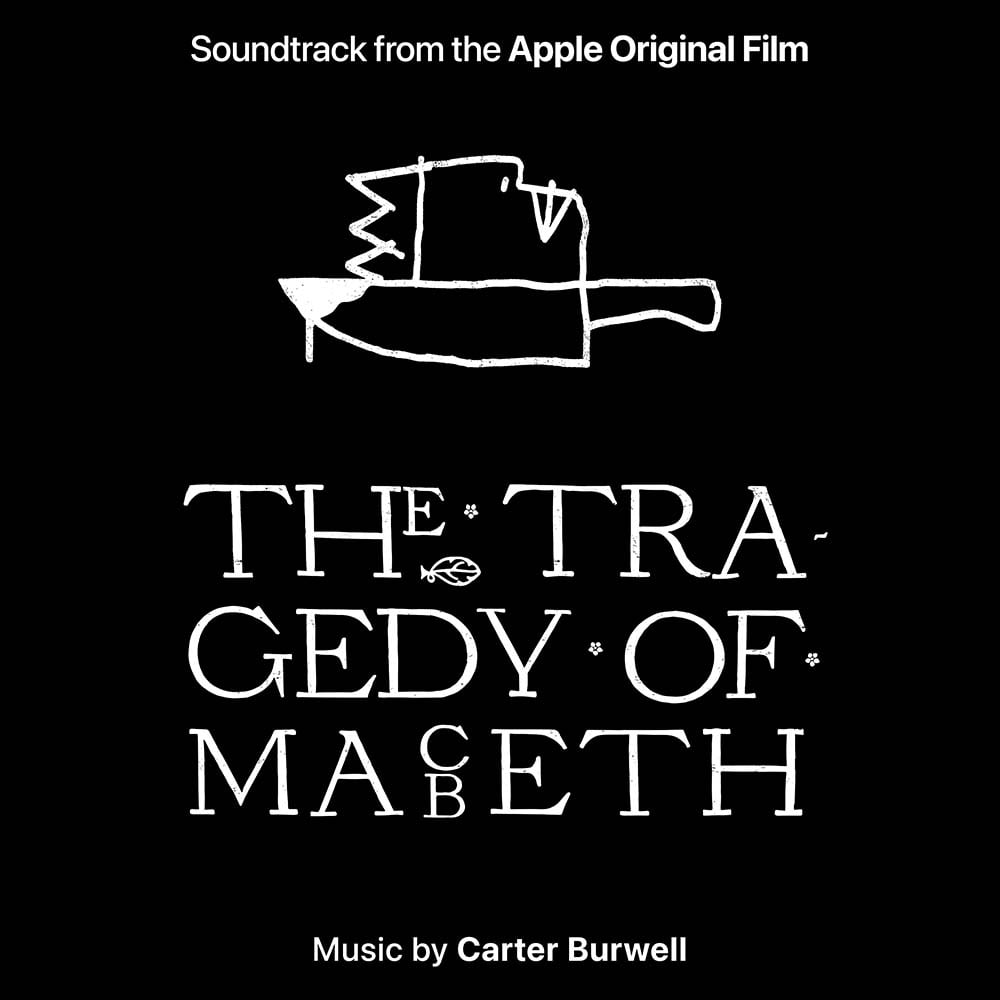
It’s rare these days to have film score releases contain dialogue excerpts. The rarity shouldn’t be a surprise – after all, presumably most people are listening in solely for the music. Sometimes the combination leaves ample room for the music to breathe, either striking a balance between dialogue and music or a creating an effective separation between the two. In either case, they cohabitate symbiotically. But occasionally the dialogue completely takes over, making the music feel like a secondary element. Such is the case in Carter Burwell’s score for The Tragedy of Macbeth.
It’s taken me a long time to settle on how I feel about this approach – after all, this review comes about (13 months) after the film and score released.
At first I found it baffling: why minimize the score so drastically? There are a number of tracks that feature dialogue excerpts, of Denzel Washington, Frances McDormand, or Kathryn Hunter delivering lines. They’re obviously all very strong performances, but Burwell’s score nearly disappears during these moments, with only the most distant notes intelligible. This near-absence becomes the most obvious when we do hear significant score. Burwell latches onto the “Tragedy” aspect of the film’s title, opting for a constantly fatal air. As with many Burwell scores, the score is built around two really strong, memorable themes connected by quite minimal threads. Dour, droning strings slice in slow moving melodies like a knife beginning a days-long bleed out. The bloodletting is draining, pulling you alongside Macbeth and Lady Macbeth into a pit of despair. For a few minutes the music plays, building a world of dread and death, only to be interrupted by dialogue and seemingly breaking this veneer.
After maybe half a dozen listens, my mind started to change. I had approached the score wrong, expecting a pure score release and resisting when something else came. Perhaps it’s obvious, but the release has to be approached as more of an extremely condensed re-telling of Macbeth. The dialogue excerpts hit the main pivotal plot points while Burwell’s score fills in the rest. It’s an oft-repeated saying that film scoring is storytelling, but here it’s taken to the extreme as Burwell’s score begins as an outgrowth of each piece of dialogue before evolving into his own abstract interpretation and rendition of the plot that follows.
Of course, score exists in the context of the film as well, and perhaps that’s where the differentiation comes (at least in the memory of this author’s ears). During the film, much of the score comes in variants of one of the two main themes, either a cloud of Macbeth’s curse settles upon the world or else we feel the quickening pace of his family’s fated demise. This typically comes in between the film’s drama, as the camera lingers on the brilliant, otherworldly set design and we revel in its dark beauty while the storm clouds darken. But in a score release, thirty or forty minutes of mostly thematic variations can grow old. It’s in this lens that the choice makes sense: pull out the score and dialogue, and boil them down into their own thirty-minute version of Macbeth. The result is convincing.
Editor’s Note: This score also appears in our writeup of the best film scores of January 2022.
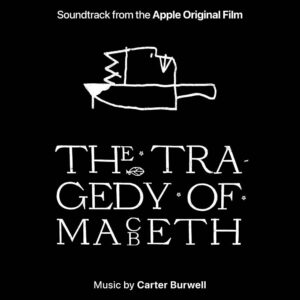
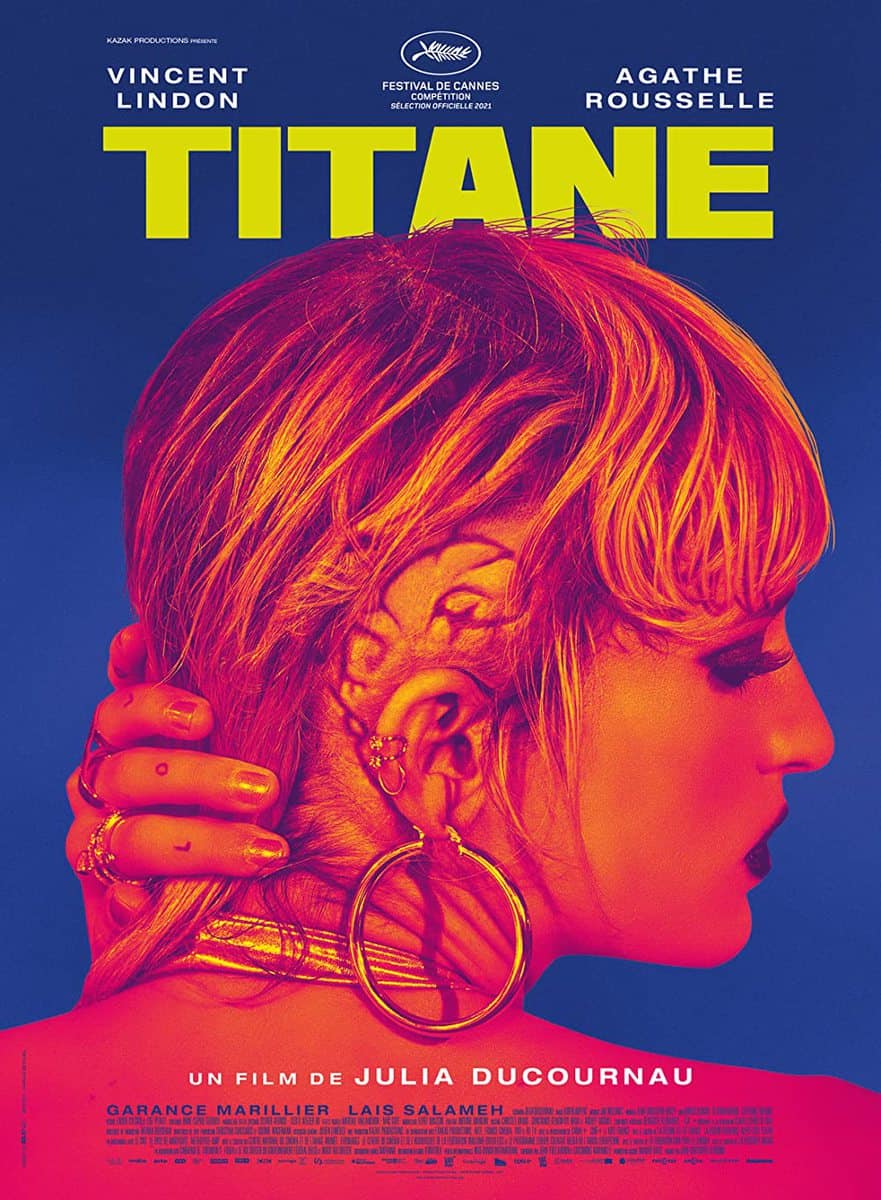
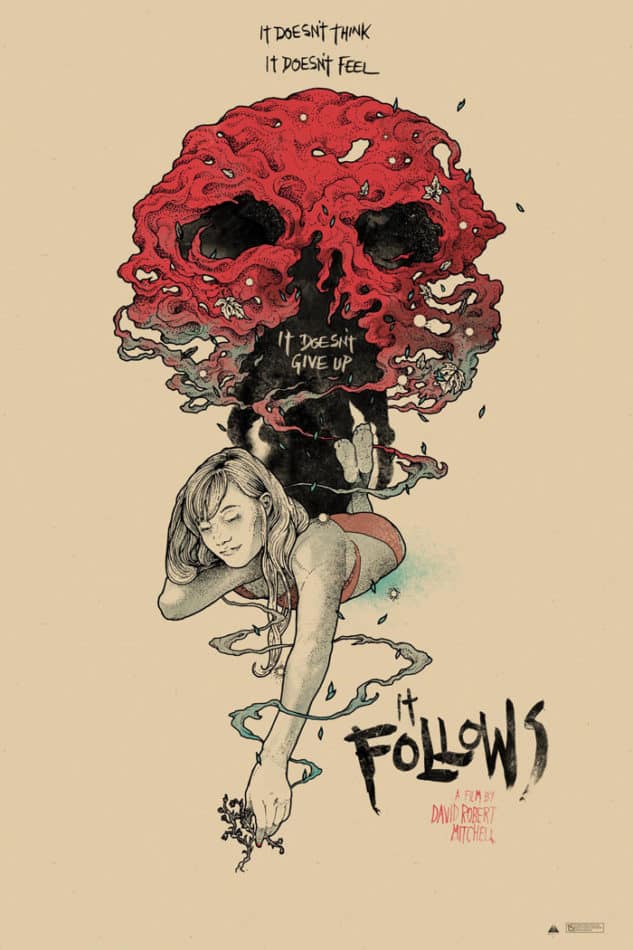
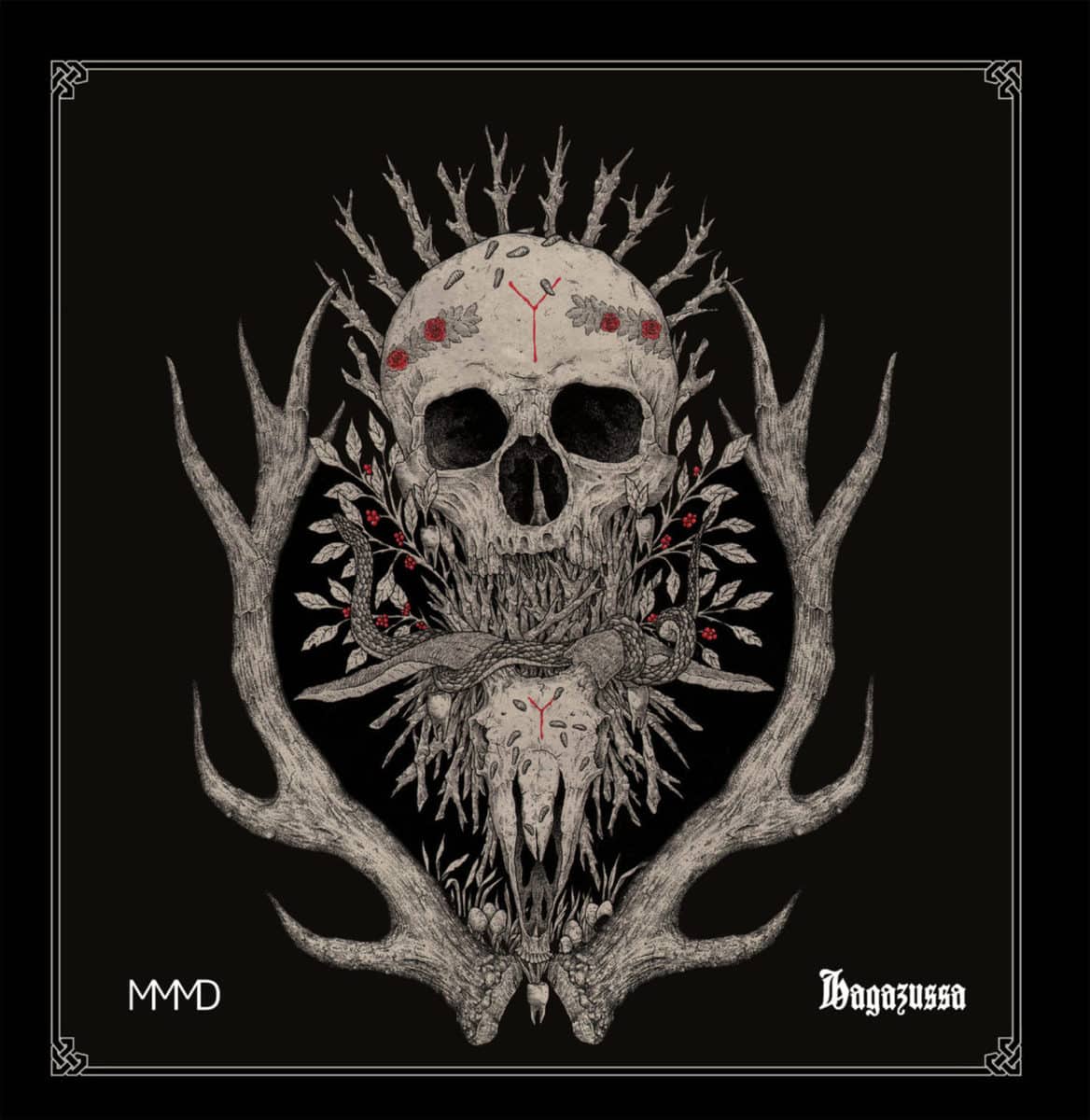
1 thought on “The Tragedy of Macbeth – Carter Burwell”
Comments are closed.